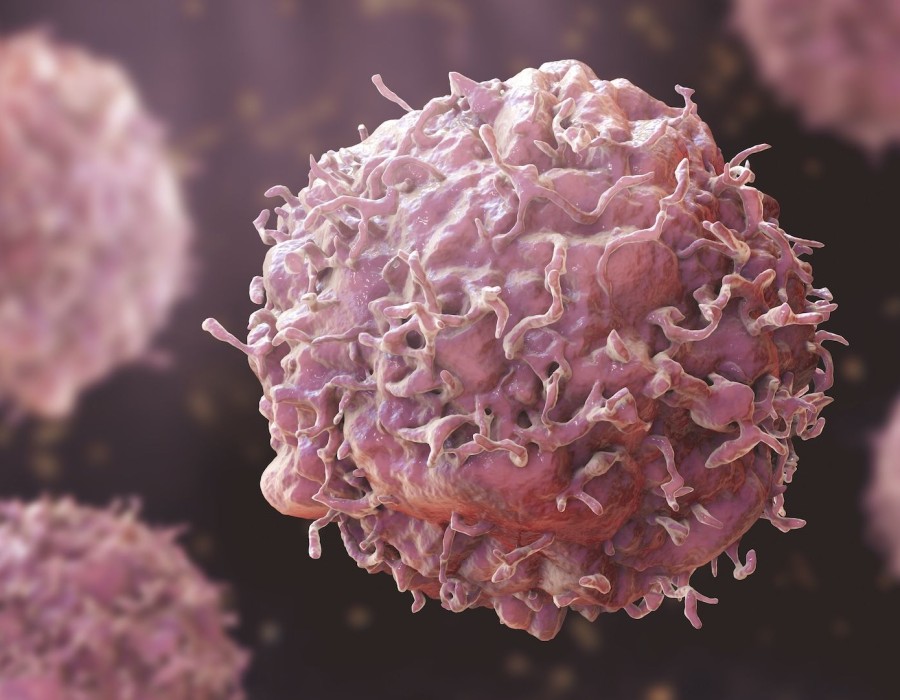When someone hears the words “You have cancer,” it can be one of the most overwhelming moments of their life. Along with fear, uncertainty, and countless questions, the biggest concern many patients face is: Is my diagnosis accurate? Accuracy in cancer diagnosis is crucial because it directly influences treatment decisions, recovery timelines, and overall outcomes.
In this blog, we’ll explore why diagnostic accuracy matters, the most common causes of misdiagnosis, and how seeking a second opinion can bring clarity and confidence to your treatment journey.
Why Accurate Diagnosis Matters in Cancer Care
Cancer is not a single disease—it’s a group of conditions that behave differently depending on the organ, stage, and cell type. An accurate diagnosis ensures that patients receive:
- Correct treatment plans (surgery, chemotherapy, radiation, or targeted therapy)
- Appropriate staging to understand how advanced the cancer is
- Timely interventions that improve survival rates
- Peace of mind knowing the decision is based on reliable information
A small error in diagnosis—such as misinterpreting imaging results or pathology slides—can lead to either unnecessary aggressive treatment or delayed care. That’s why verifying results is often just as important as receiving them.
Common Causes of Cancer Misdiagnosis
Even in advanced medical settings, errors in cancer diagnosis can happen. Some common reasons include:
- Human error in pathology – Pathologists examine tissue samples under a microscope, and even minor differences in interpretation can lead to different conclusions.
- Incomplete medical history – A missing family history or prior condition can misguide the diagnostic process.
- Imaging limitations – Scans like CT, MRI, or PET can sometimes miss small tumors or misidentify benign growths as malignant.
- Rare cancer types – Uncommon cancers are more likely to be misclassified or confused with other conditions.
- Laboratory mistakes – Errors in labeling or processing can impact results.
These possibilities highlight why many patients choose to get a Cancer Second Opinion before starting treatment.
How a Second Opinion Helps Patients
A second opinion does more than confirm a diagnosis—it provides a fresh perspective. When another specialist reviews your case, you benefit from:
- Verification of test results and pathology slides
- Confirmation or revision of staging and grading
- Recommendations for additional tests, if needed
- Exploration of new or alternative treatment options
- Greater confidence in the decisions you make
Role of Pathology in Diagnosis
Pathology forms the foundation of cancer diagnosis. Tissue samples are studied to identify the exact type of cancer and how aggressive it is. Even a small variation in interpretation can change the treatment plan.
That’s why many patients request a Pathology Second Opinion to ensure the findings are accurate. A fresh review by an experienced pathologist can either confirm the initial report or uncover discrepancies that could change the course of care.
Oncology Expertise and Second Opinions
Oncologists are specialists who design and guide cancer treatment plans. However, oncology is a rapidly evolving field, with new therapies, targeted drugs, and immunotherapies introduced regularly.
Seeking an Oncology Second Opinion allows patients to learn about the latest advancements and verify that their treatment strategy aligns with international best practices. For patients, this often brings reassurance that no option is being overlooked.
When Hepatology Expertise Is Needed
Some cancers are linked to specific organs, such as the liver. In such cases, specialized insight becomes vital. For example, hepatology focuses on liver-related conditions, which are often complex and require precise diagnosis.
Patients with suspected liver cancer may benefit from a Hepatology Second Opinion to confirm results, rule out benign conditions, and discuss the most effective liver-focused treatment strategies.
When Should You Consider a Second Opinion?
Not every patient needs a second opinion, but it is highly recommended in situations like:
- You’ve been diagnosed with a rare or aggressive cancer
- Your treatment plan feels unclear or too limited
- You want to explore clinical trials or newer therapies
- You’re unsure whether surgery is the right option
- You simply want peace of mind before starting treatment
Taking this step isn’t about doubting your doctor—it’s about ensuring you have the full picture.
Conclusion
Knowing whether your cancer diagnosis is accurate can change everything about your care. By seeking second opinions in areas such as pathology, oncology, and hepatology, patients can feel more confident and supported in their journey. Remember, it’s your health, your future, and your right to ask questions until you feel certain about your path forward.
FAQs
1. How often are cancer diagnoses incorrect?
Studies suggest that up to 10–20% of cancer cases may involve some level of diagnostic error, which is why verification is so important.
2. Will my doctor be upset if I ask for a second opinion?
Most doctors encourage second opinions because they want their patients to feel confident in their treatment.
3. Do I need to repeat all tests when seeking another opinion?
Not always. In many cases, existing reports, scans, and pathology slides can be reviewed again without repeating the procedures.
4. How long does it take to get a second opinion?
Depending on the specialty and medical records available, it can take anywhere from a few days to two weeks.
5. Can a second opinion suggest a completely different treatment?
Yes, sometimes it can. A new perspective may introduce alternative treatments, clinical trials, or less invasive options.





Comments